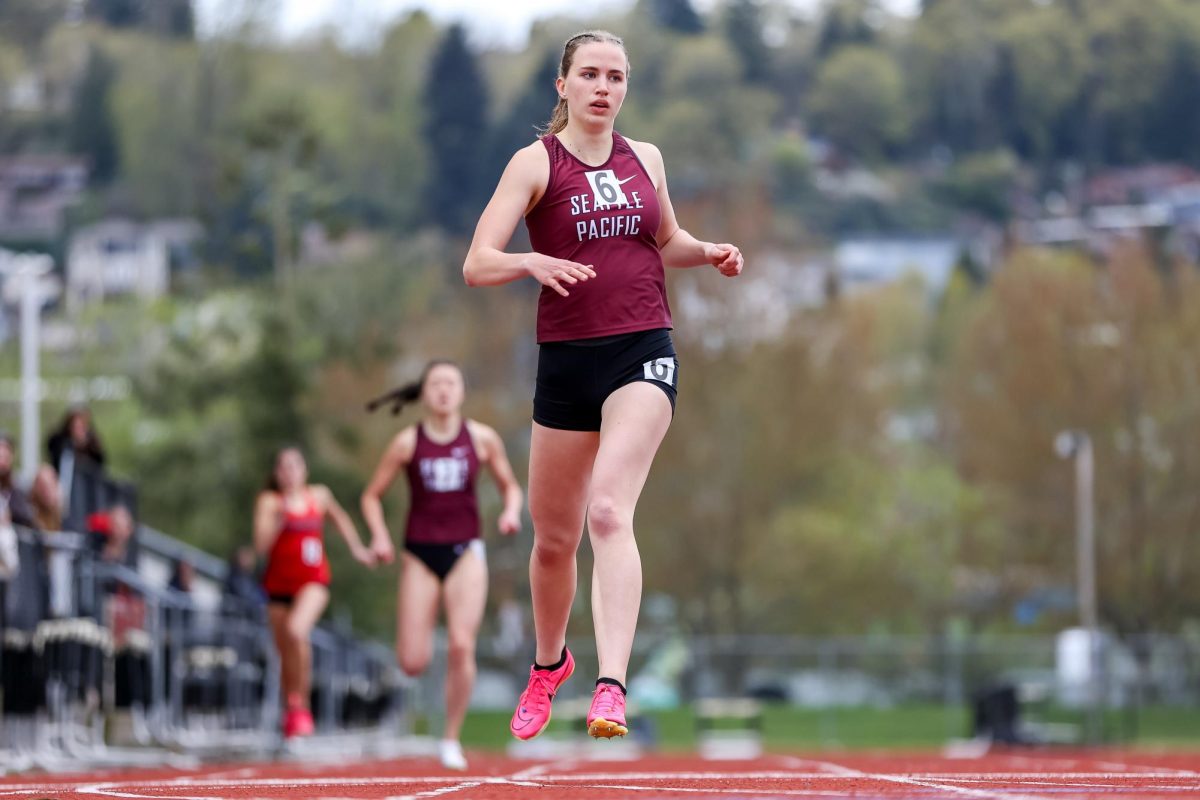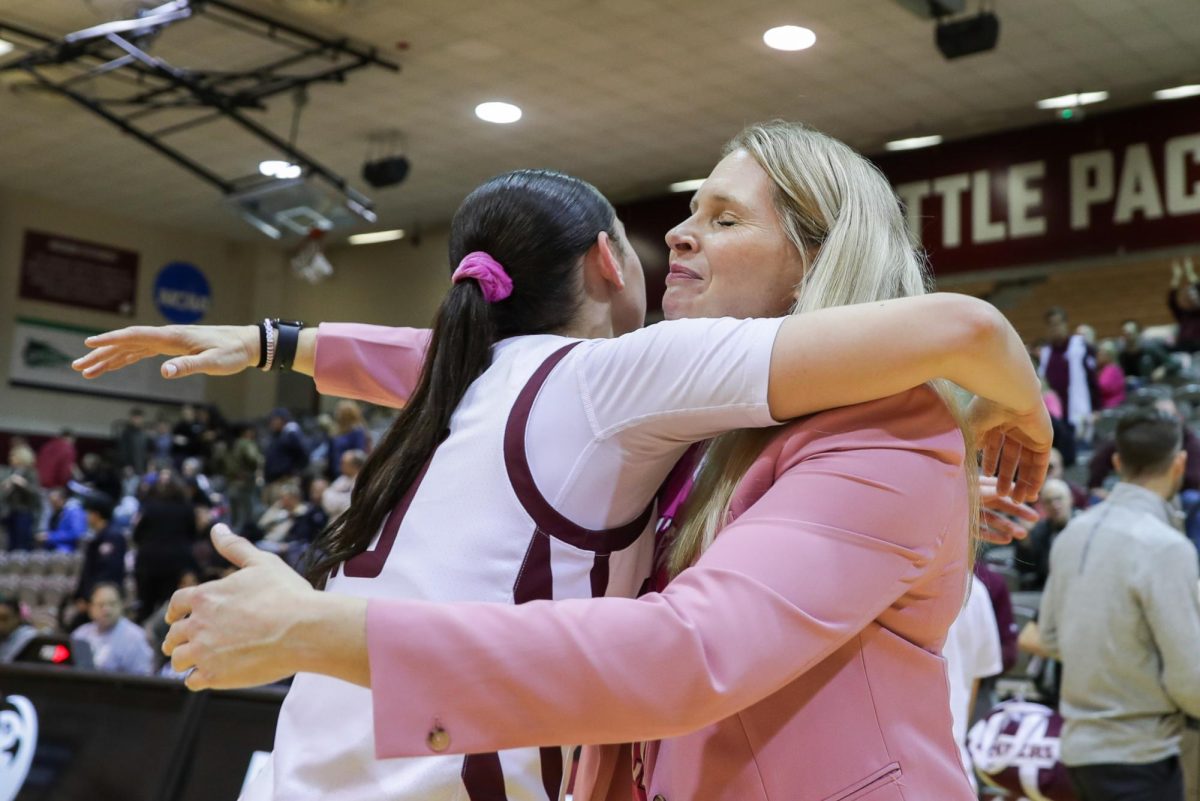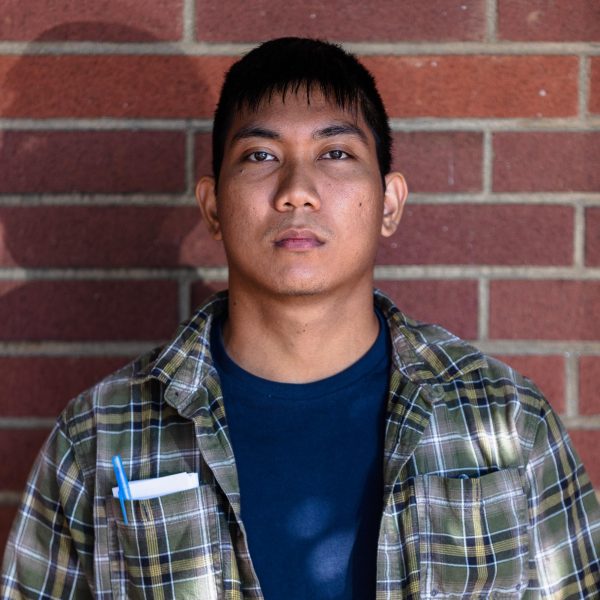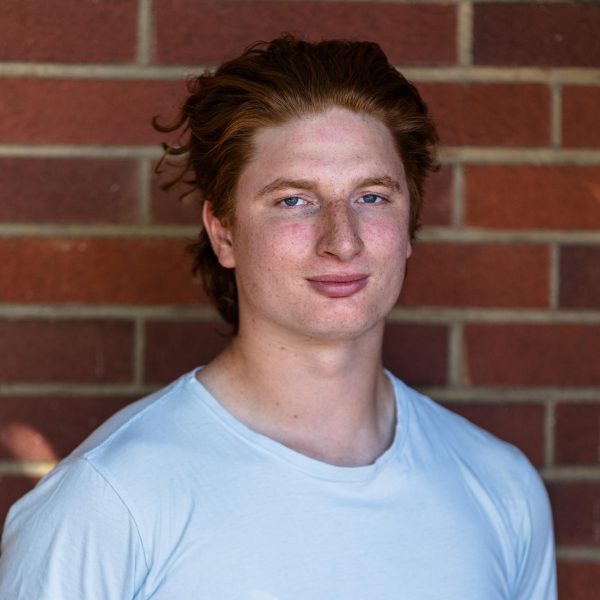Athletes are driven by their love for their sport, but they also run off their drive to improve, win and outmatch the person who runs too close to them.
Depending on the sport, a rival stands beside or before an opponent. Rivalries can be between teams or between players, but they manifest from two opponents chasing the same or similar goals. As opponents, rivals can be obstacles, motivators or people who add to the enjoyment of the sport.
Junior nursing major Johanna Brown, who runs the 400-meter dash for women’s track, believes track and field’s individualism favors person-to-person rivalries rather than team-to-team rivalries. Brown admits to utilizing the one-on-one mindset as a motivator during meets.
“It’s usually a different school or someone you’ll be extra competitive against, and it makes it a little more fun,” Brown said. “I’ve had a few friendly rivalries. There’s one girl on another team that I have some competition with [because] we have similar times. We’ve had races together where I would know this girl and try to push myself to pass her, to improve and not be disappointed.”
Charisma Smith, a senior exercise science major and sprinter, similarly appreciates her rival’s competitiveness and believes it adds to her experience as an athlete.
“I have had personal rivals while competing in track, and they would push me to do my best and work to perform at the highest level I could. I have also been part of teams that rival other teams, and it just adds to the competitiveness of sports by upping the stakes and making it more fun,” Smith said.
Despite its motivations, however, Brown claims rivalries are better suited for adding enjoyment to the sport and not to the sense of competition.
“It’s not so much I am motivated to do my best because [of them]. I always want to do my best and improve myself [and] the rivalries help with that,” Brown said. “If I’m running a race and there’s no one similar to my time and I’m running by myself, I’m not going to do as well as if I have someone there to push me.”
Midfielder Connor Tollan, a sophomore business major, experiences rivalries in men’s soccer as team-to-team, namely against Western Washington University and Simon Frasier University. Because of this perspective, Tollan sees rivalries as any intense game or match where two opposing teams want to win as badly as the other. Tollan loves the enhanced competition and intensity as it becomes a learning experience to understand the other team and how to play against them.
“You always want to win, but every rivalry ups the stakes, especially in early competition for the league title,” Tollan said. “They prepare me for and help me transition into the game. We can take lessons from them and understand how to win against them.”
Sportsmanship is the most crucial aspect of competition, especially when developing or during a rivalry. More than skill or ambition, rivals must have mutual respect for each other.
“From my perspective, rivals are individuals or teams competing at a similar level who challenge each other to fight for the ‘win,’ whatever that might look like,” Smith said. “Rivalries make sports and other activities more fun. When there is a balance between respect and competitiveness, they only add to the sport.”

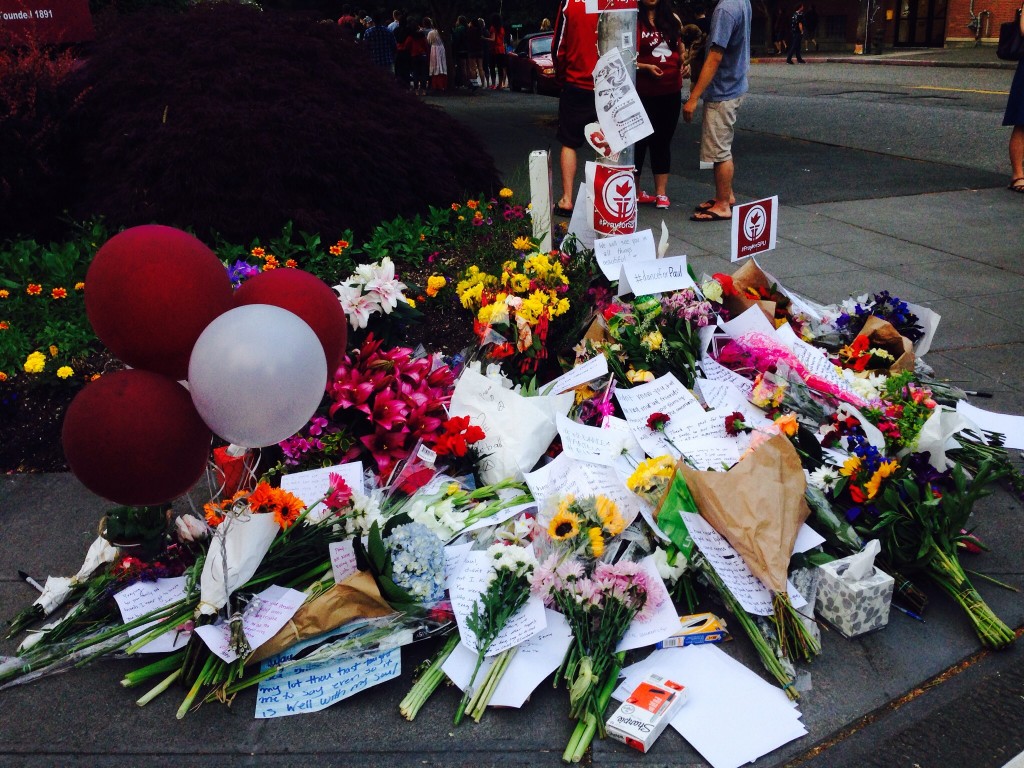













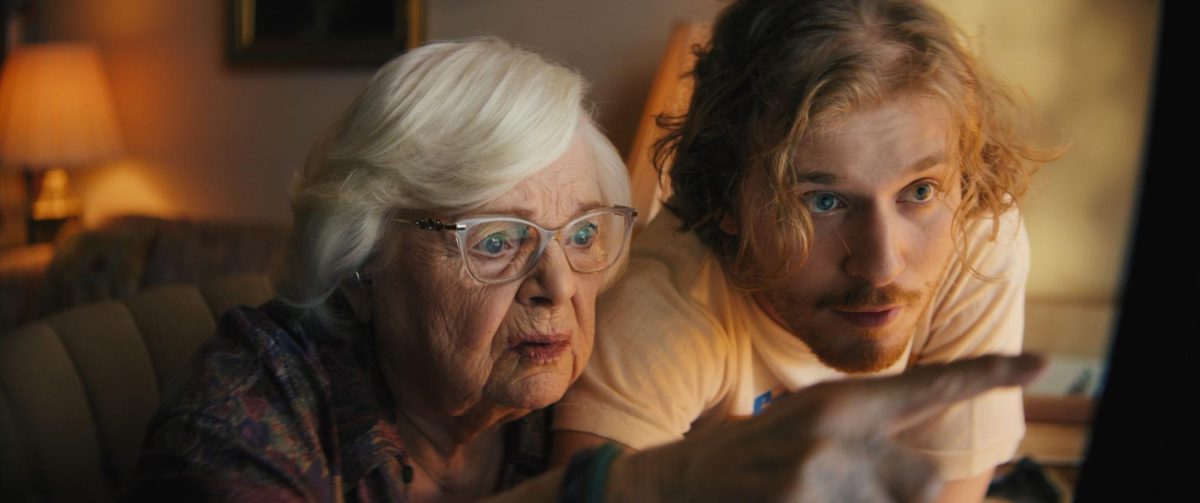
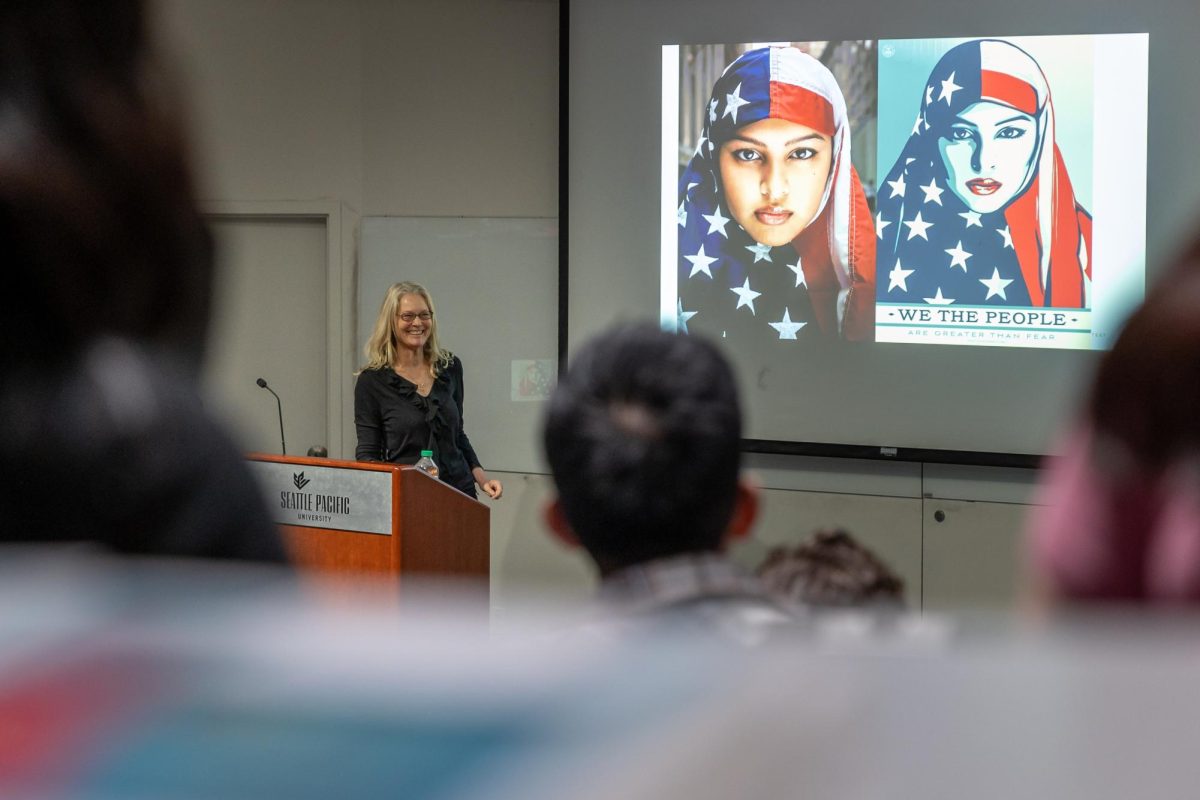


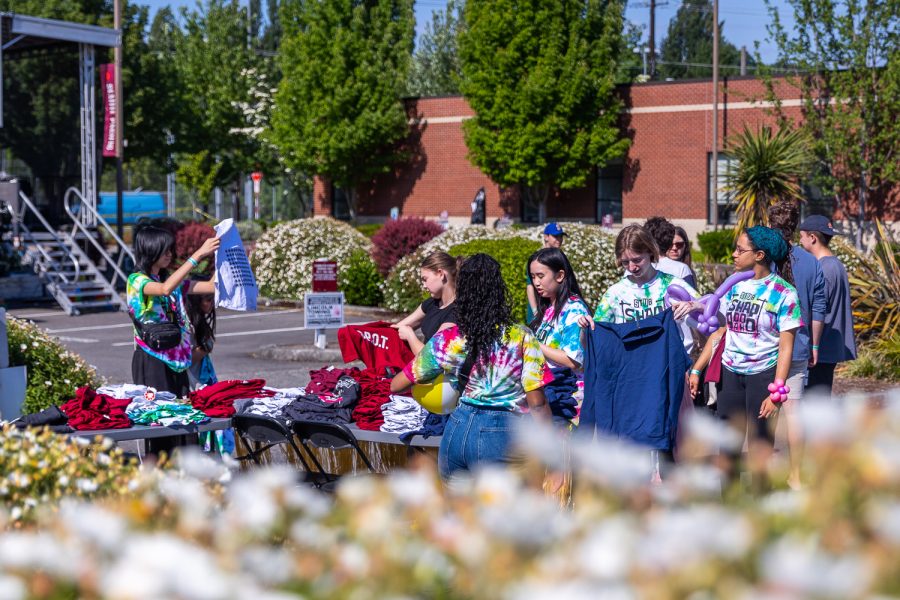
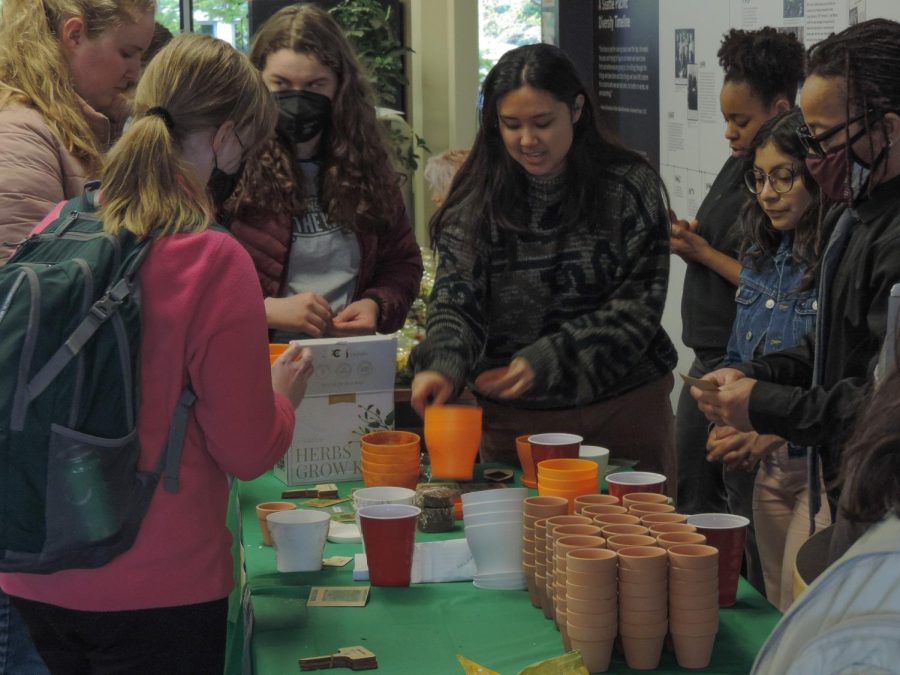

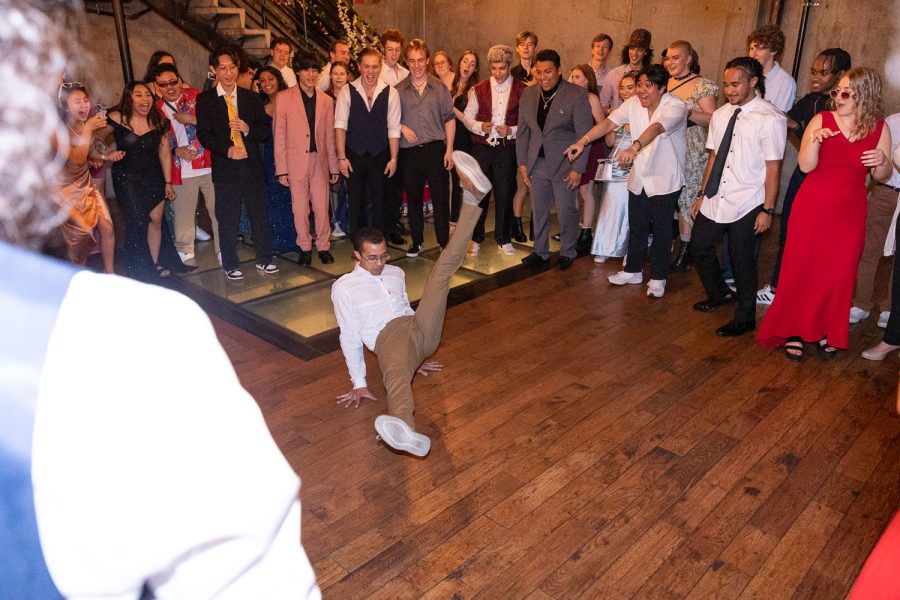











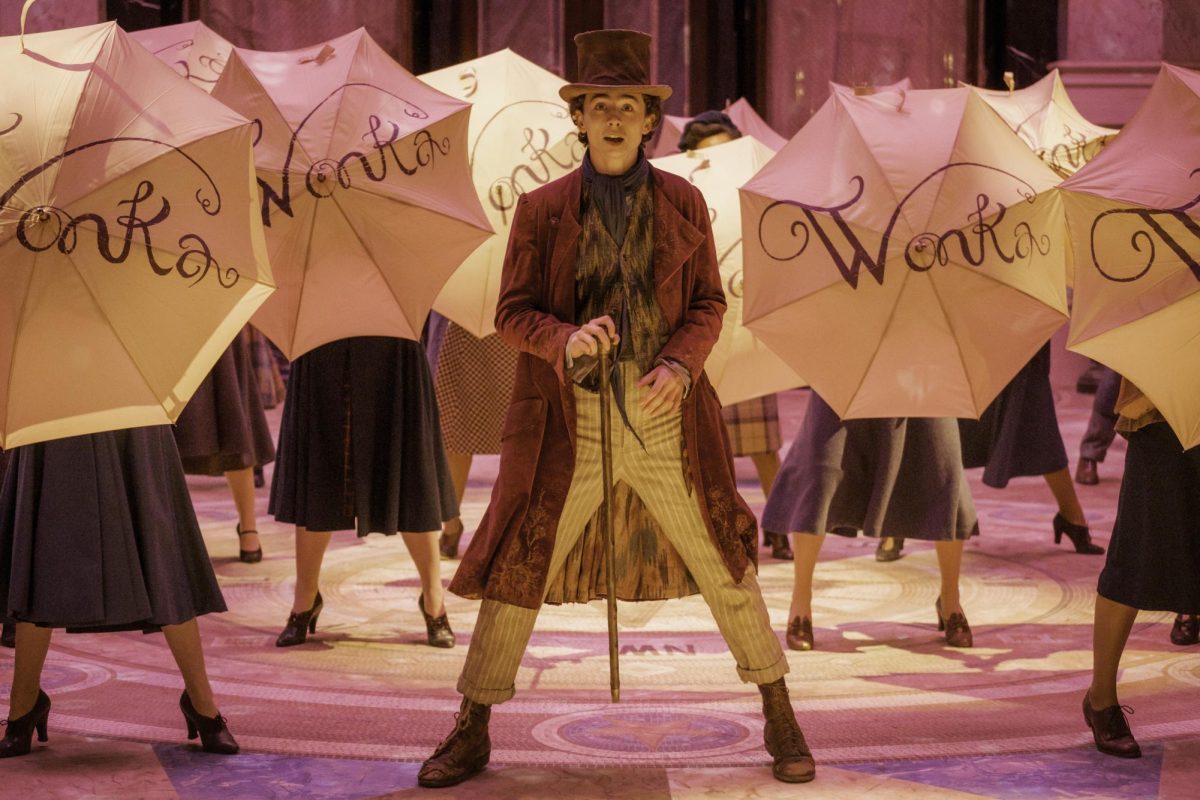




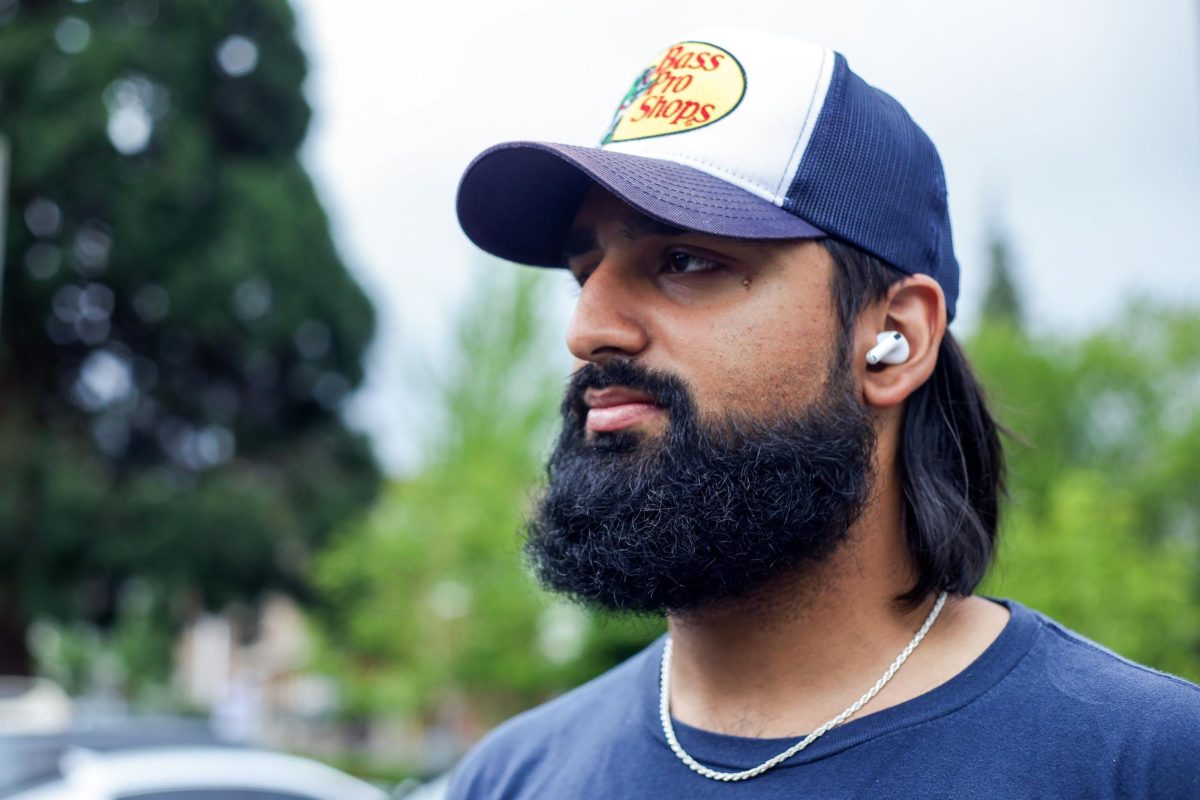
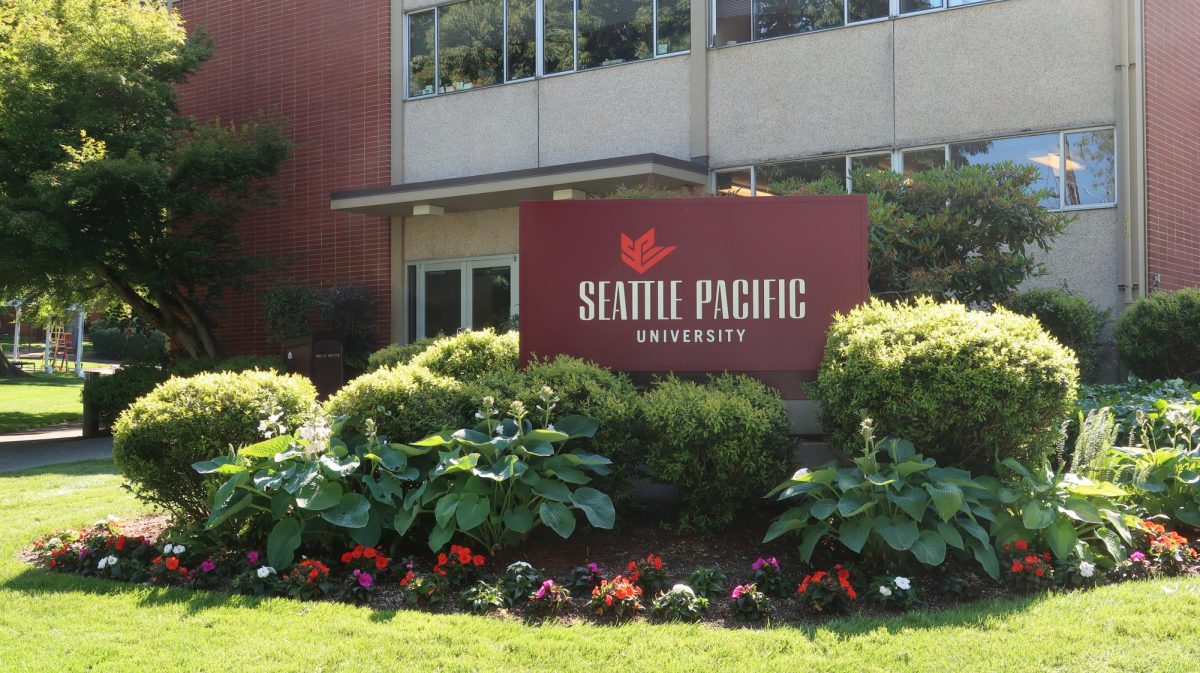
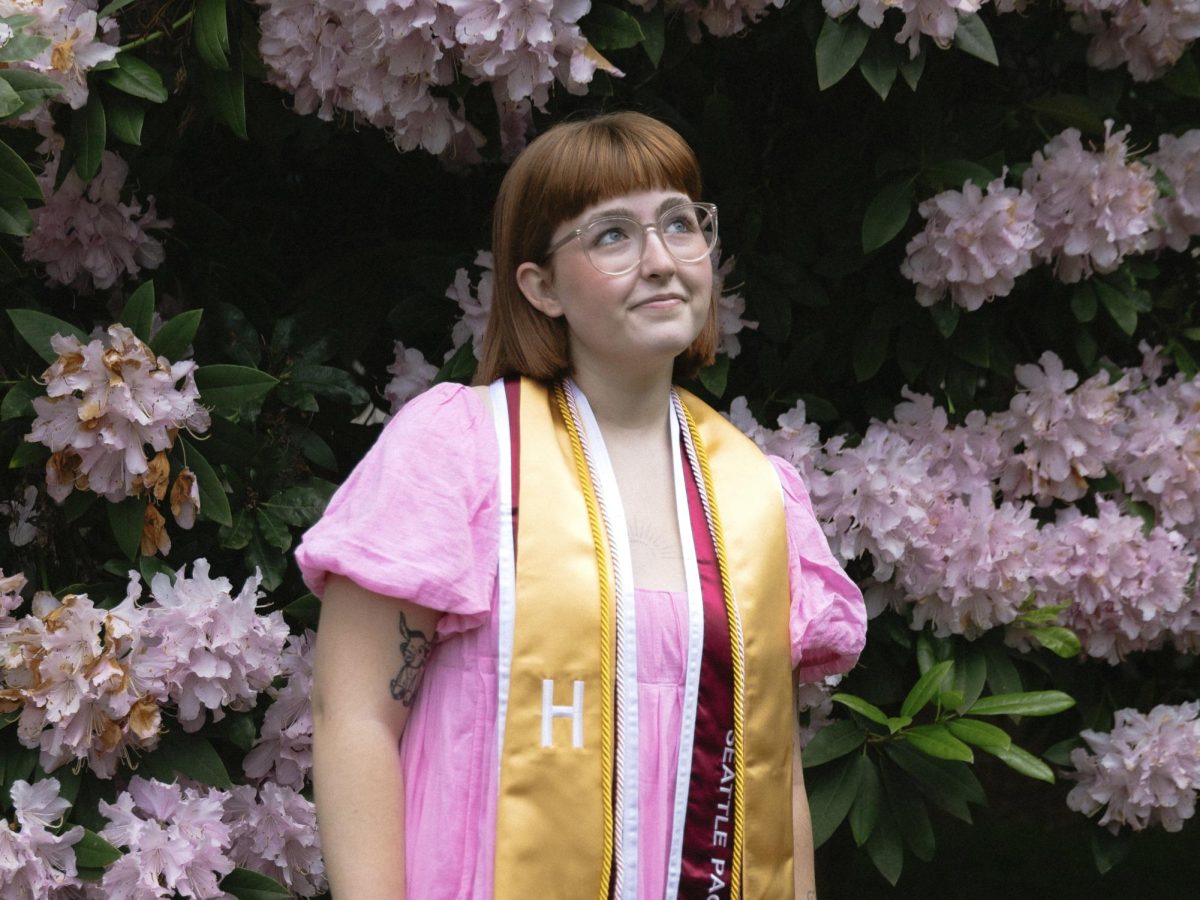


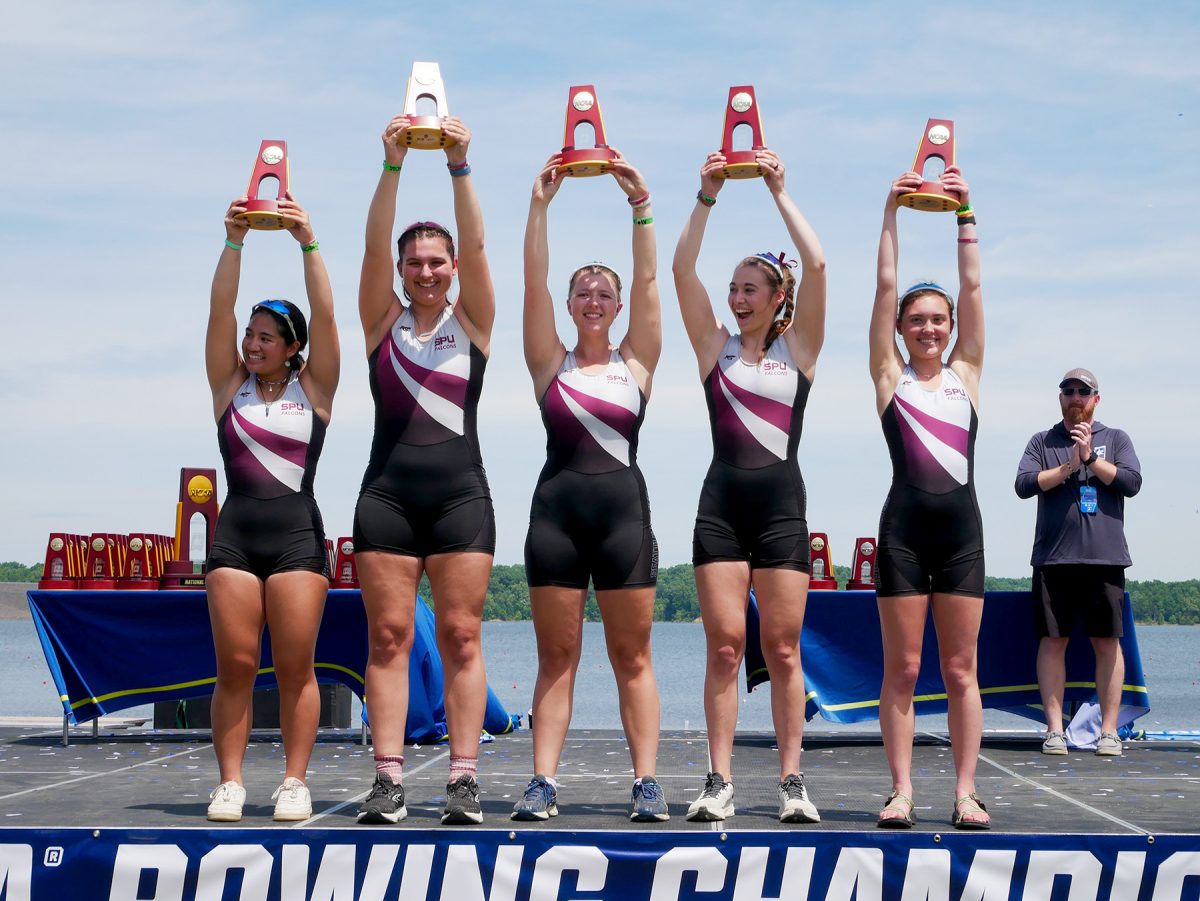
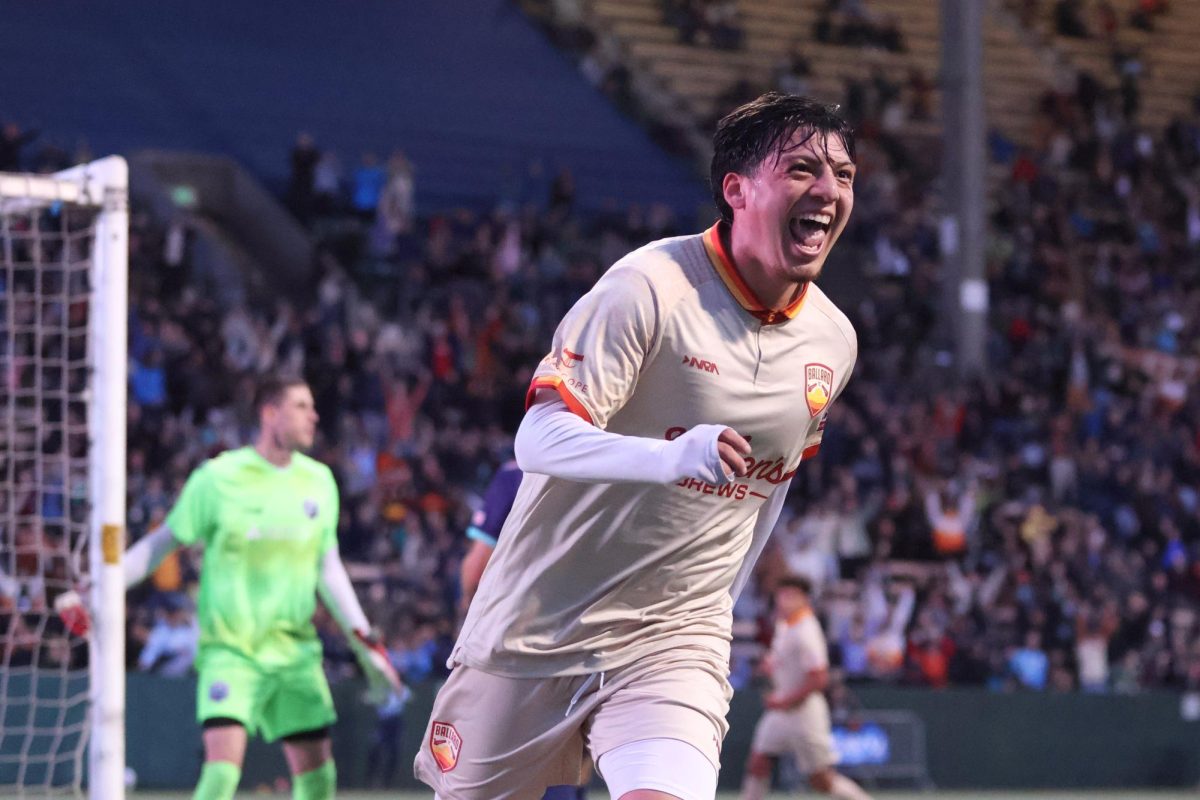
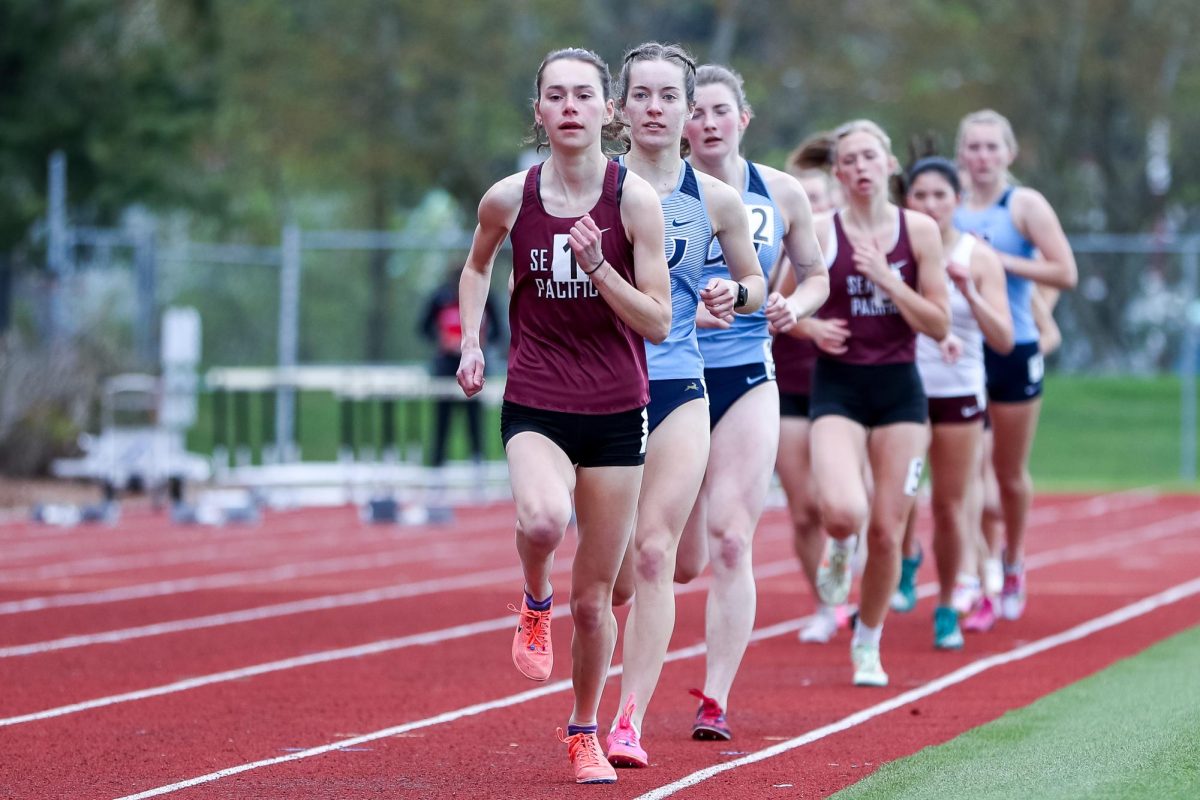
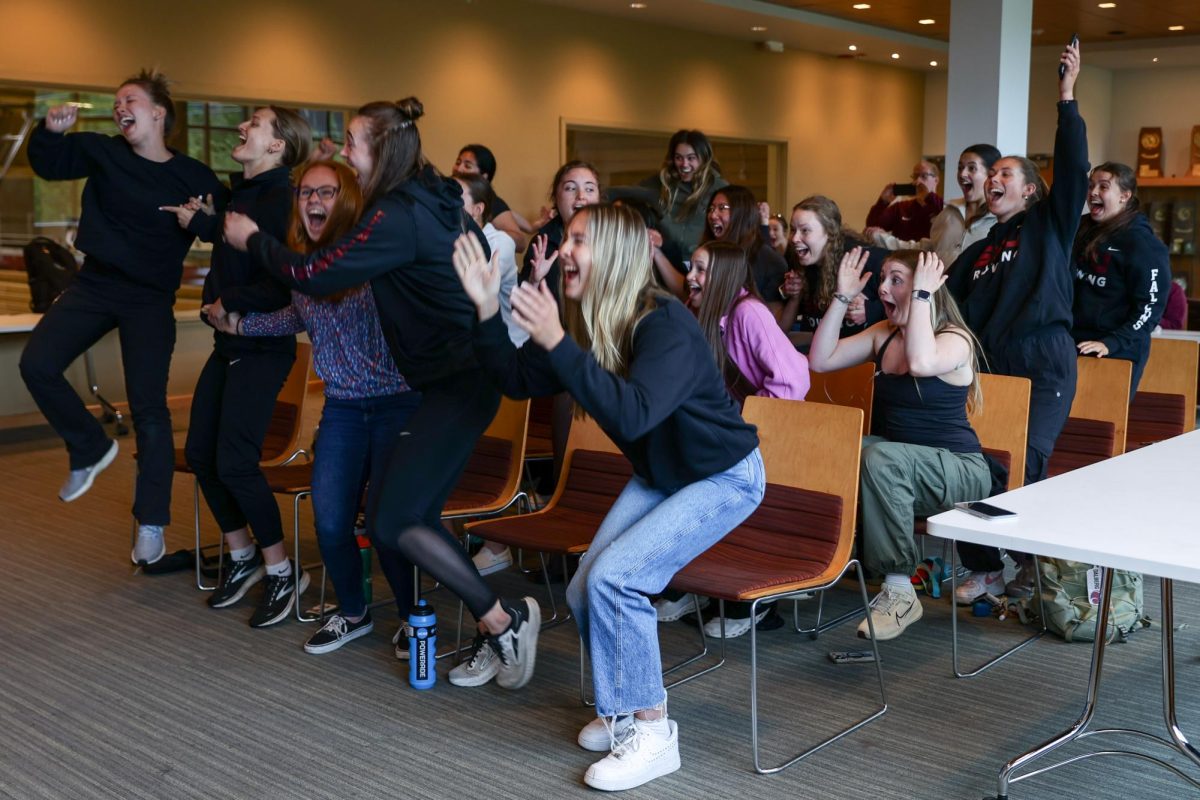
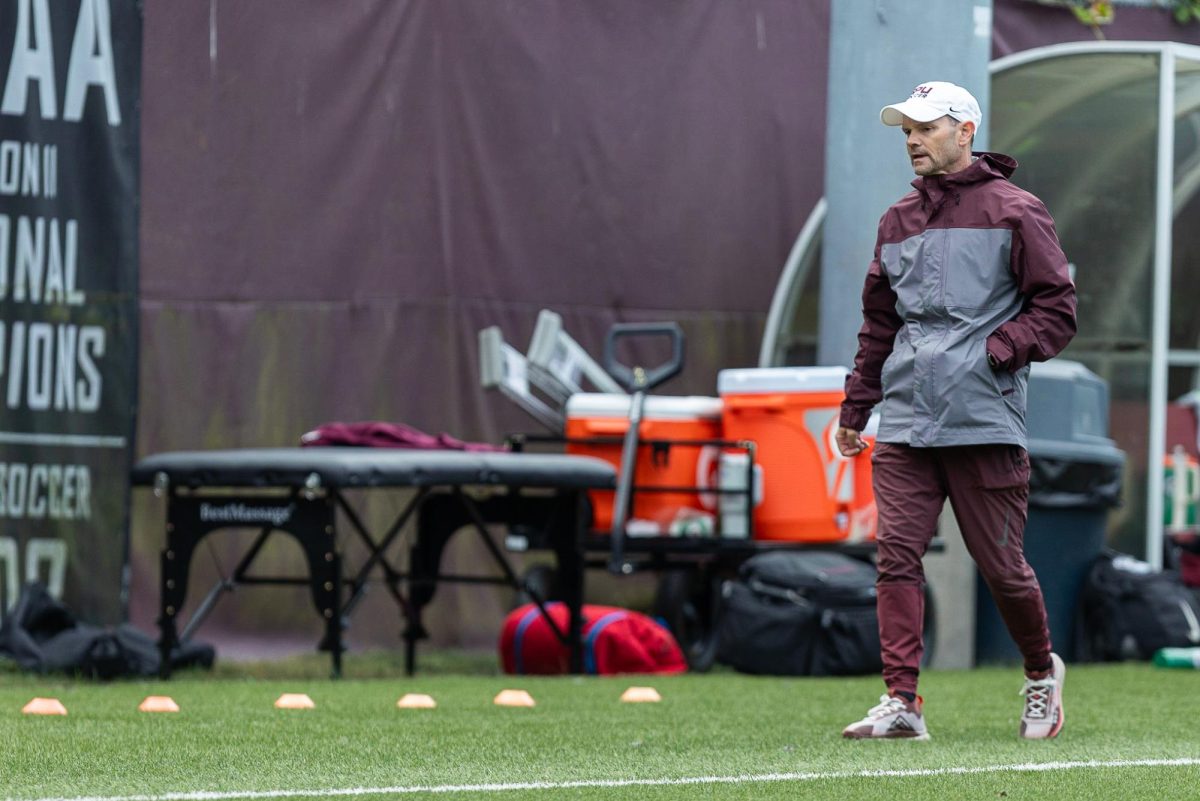
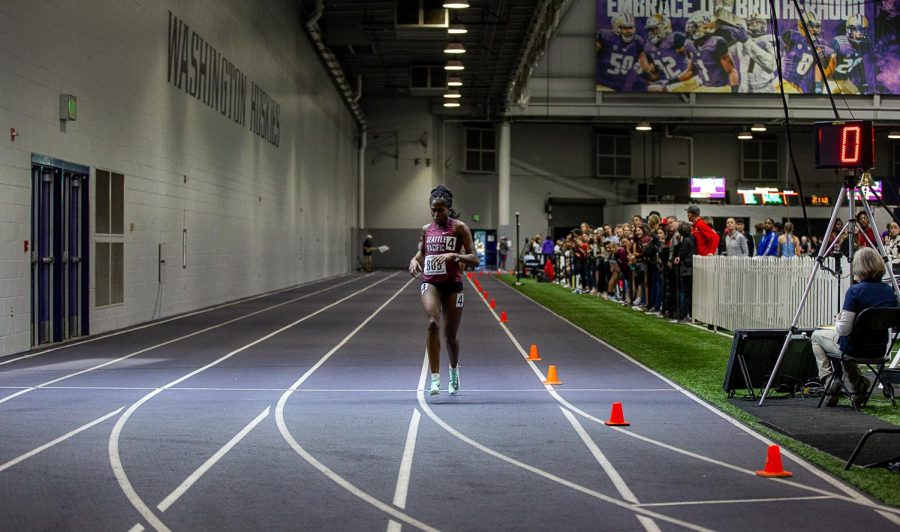
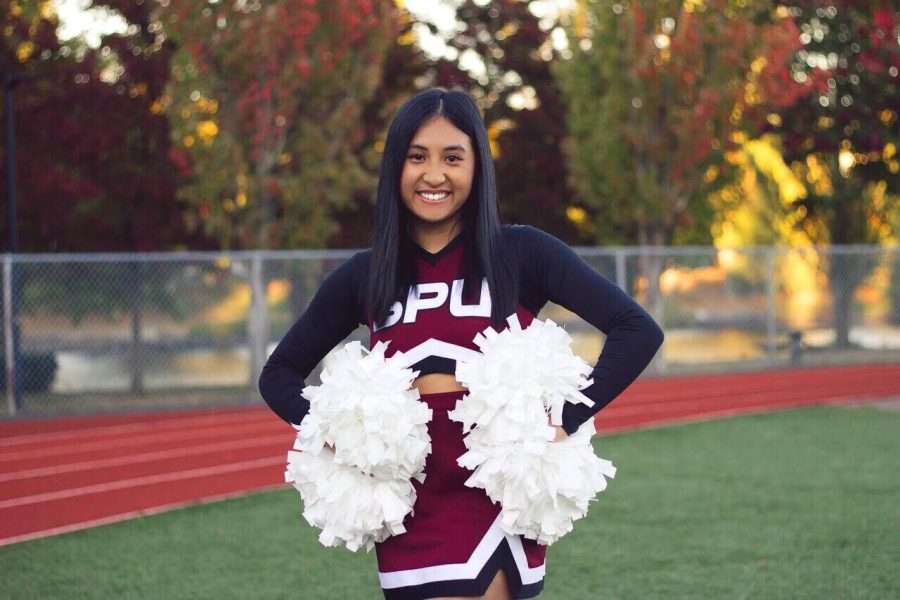


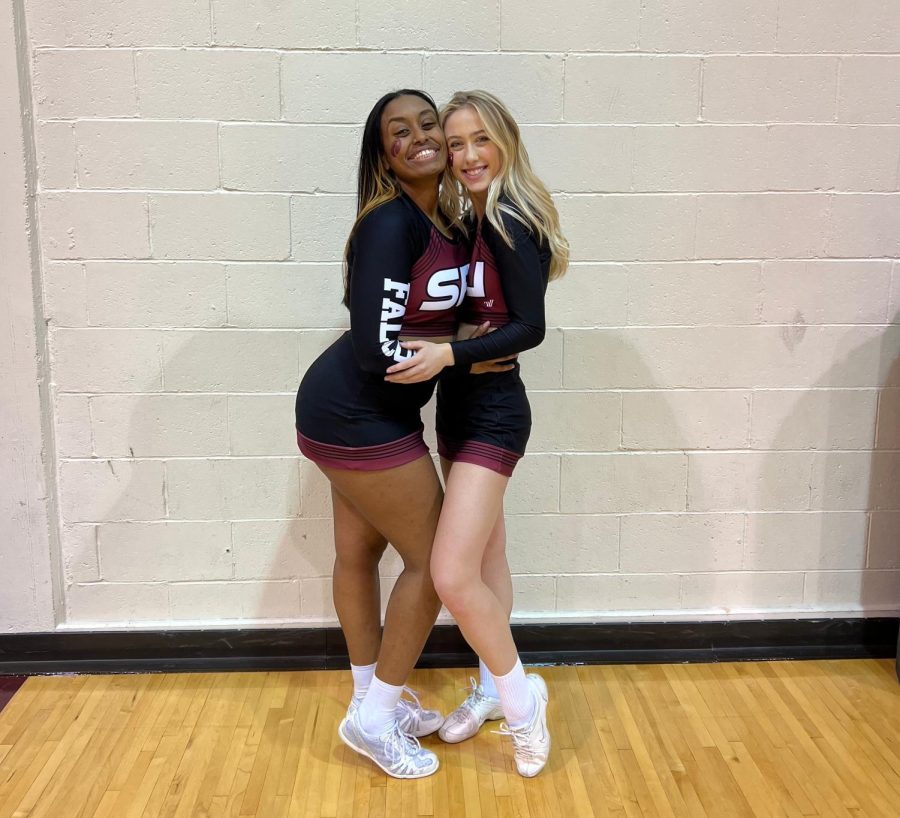
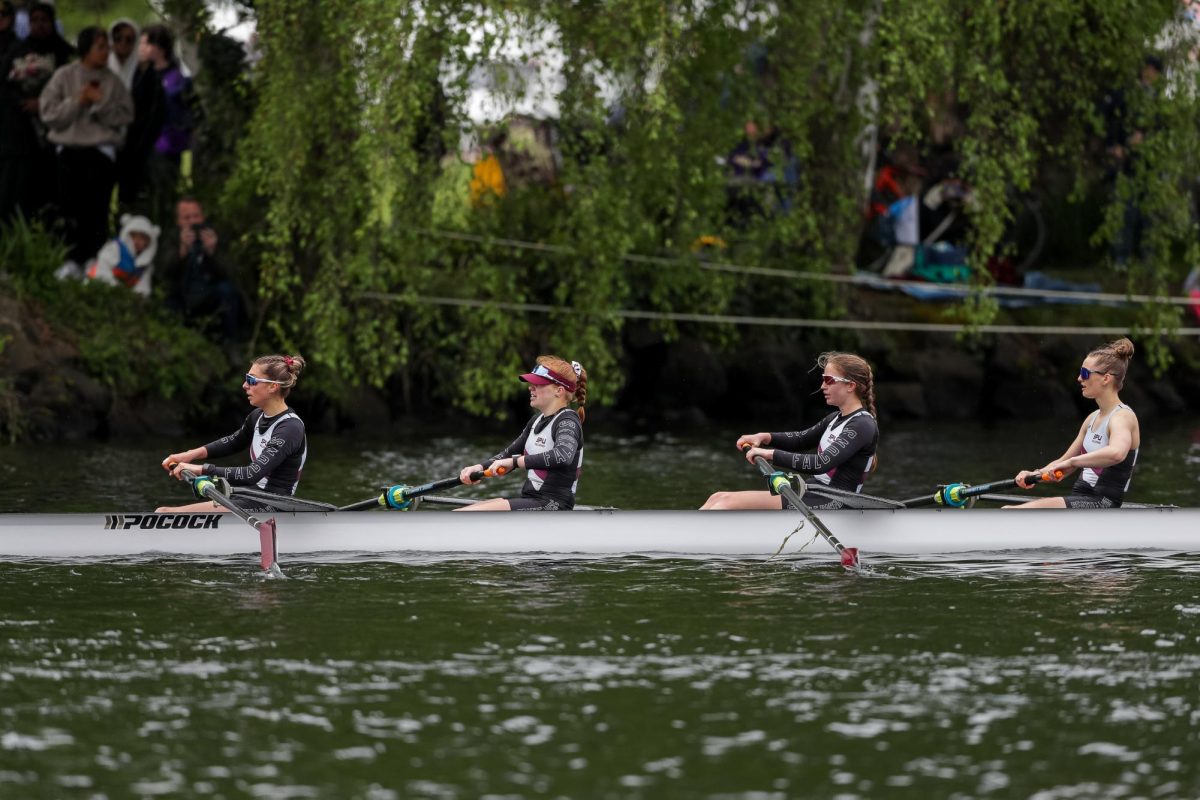
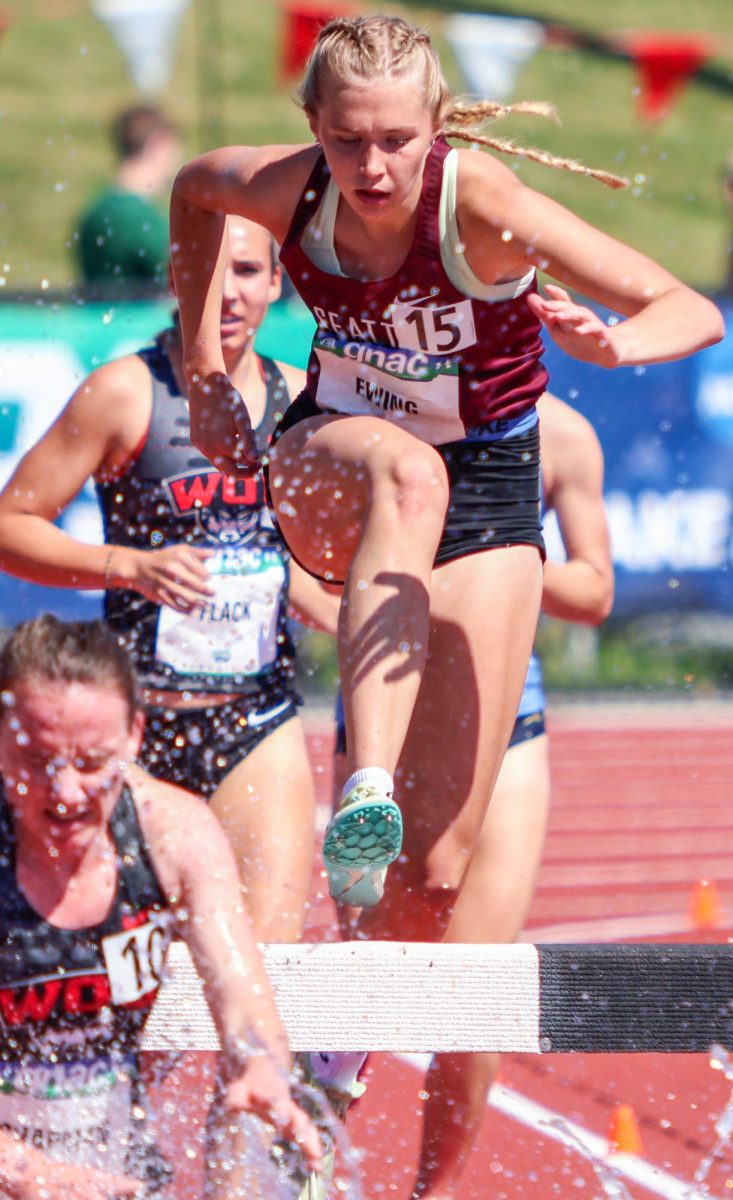
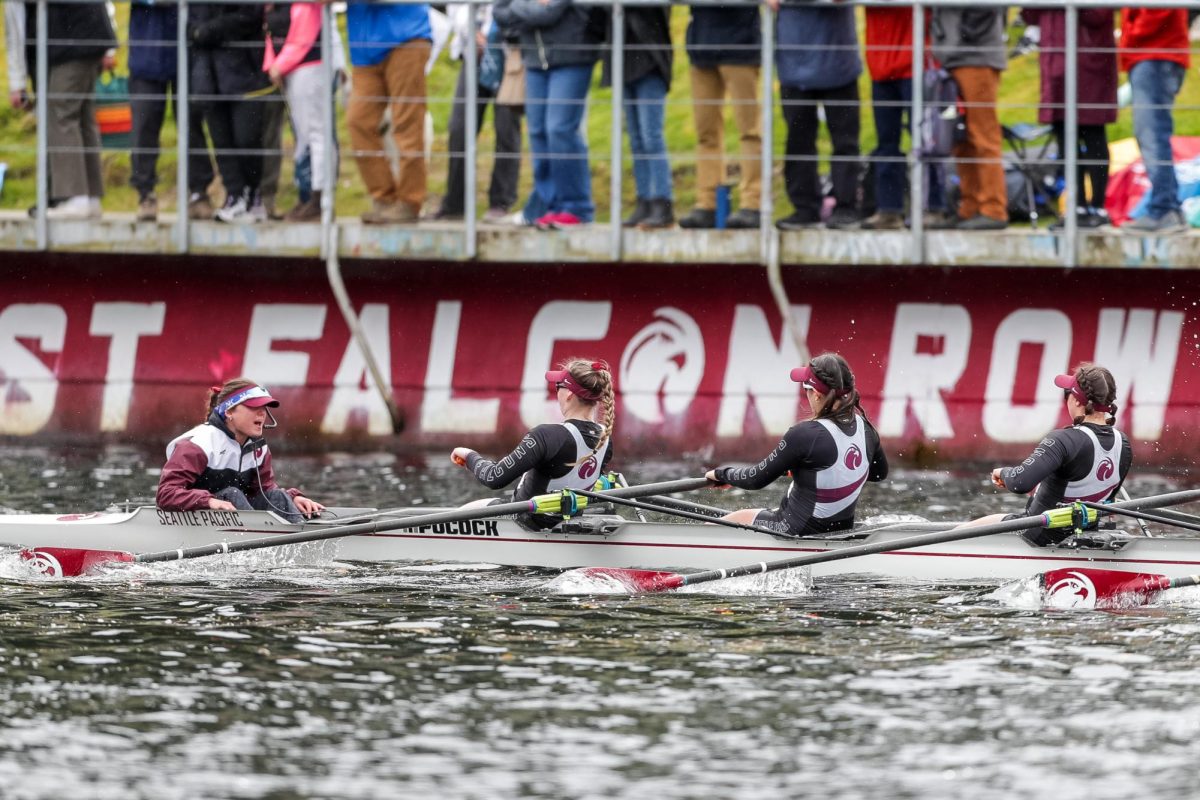


























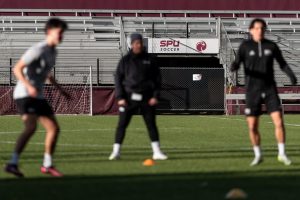

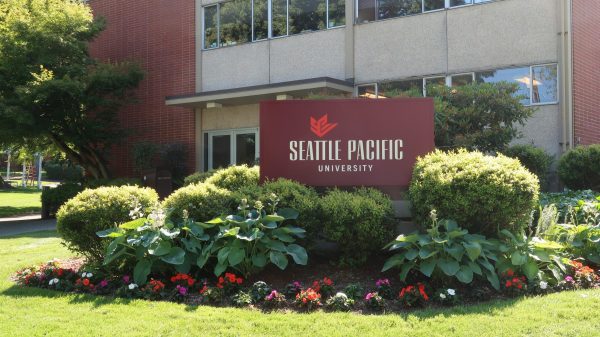

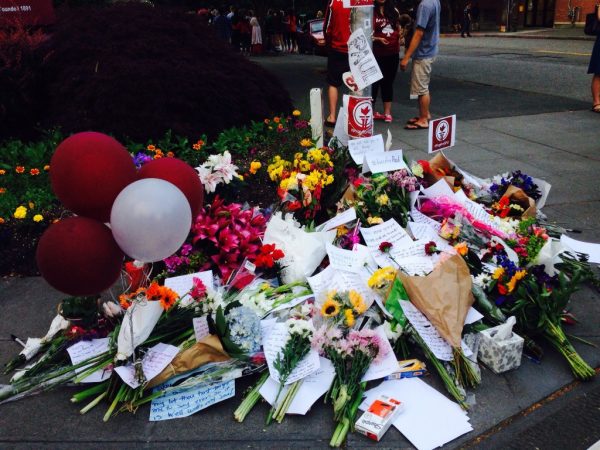
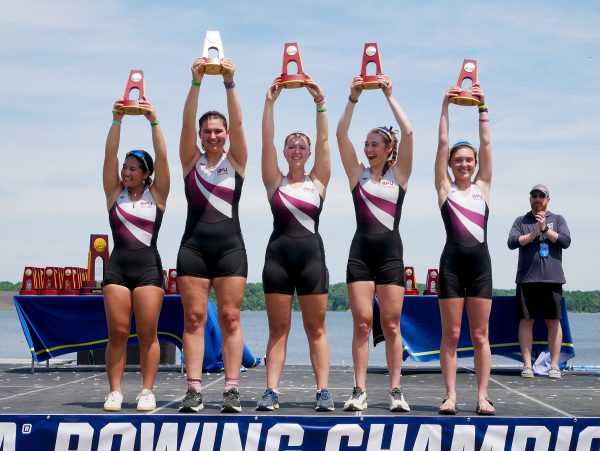
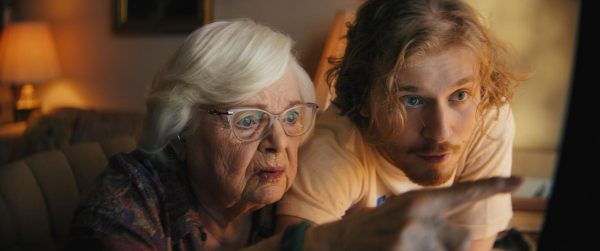
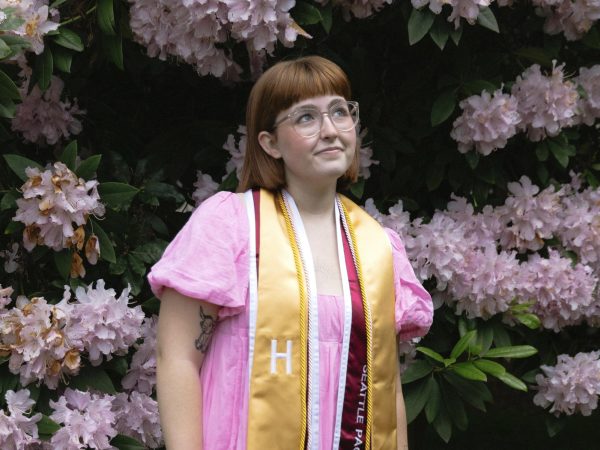
![Queer joy at SPU’s [Redacted] Fest](https://thefalcon.seapacmedia.com/wp-content/uploads/2024/05/04_14_23_9999_1-600x400.jpg)
